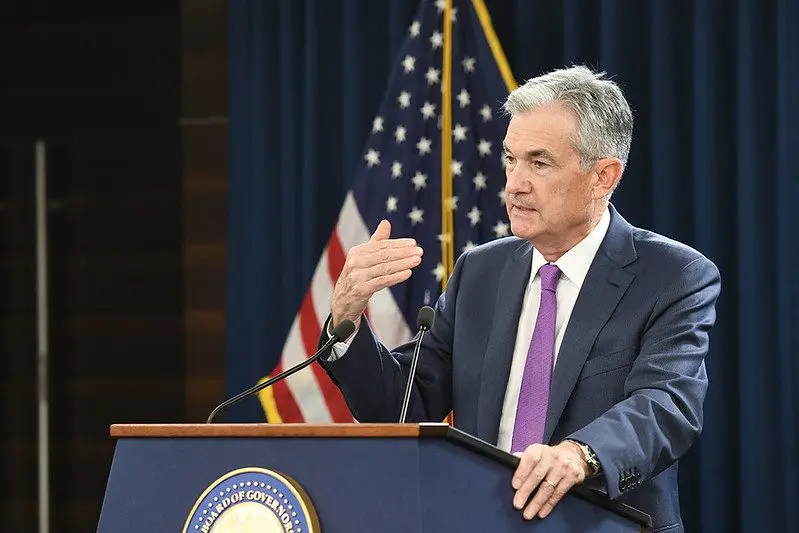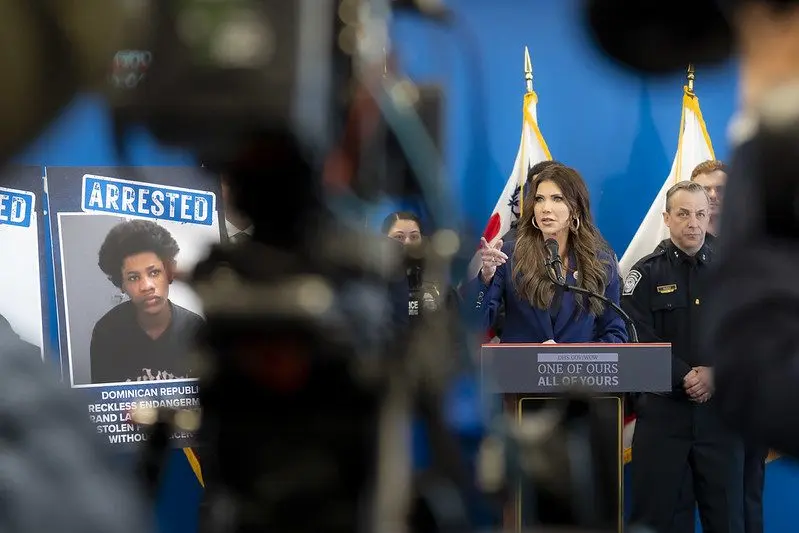WASHINGTON, D.C. – Final debate began in the U.S. Senate Sunday afternoon on President Donald Trump’s One Big Beautiful Bill Act, with a vote coming as soon as Monday.
The package of continuing resolutions cleared a Senate hurdle late Saturday. The procedural vote was 51-49, with two Senate Republicans – U.S. Sens. Thom Tillis, R-N.C., and Rand Paul, R-Ky. – joining all Democrats in voting against.
To delay a final vote in the Senate, Democrats forced a full reading of the 940-page bill on the floor early Sunday. That reading is now complete.
Trump celebrated the procedural vote in posts on Truth Social.
“They, along with all of the other Republican Patriots who voted for the Bill, are people who truly love our Country!” Trump wrote. “As President of the USA, I am proud of them all, and look forward to working with them to GROW OUR ECONOMY, REDUCE WASTEFUL SPENDING, SECURE OUR BORDER, FIGHT FOR OUR MILITARY/VETS, ENSURE THAT OUR MEDICAID SYSTEM HELPS THOSE WHO TRULY NEED IT, PROTECT OUR SECOND AMENDMENT, AND SO MUCH MORE. GOD BLESS AMERICA &, MAKE AMERICA GREAT AGAIN!!!”
The budget reconciliation bill, upon final passage, will implement Trump’s tax, energy, border, and defense policies, including an extension of the tax cuts he delivered during his first term, which are scheduled to sunset at the end of 2025 without action.
Assuming final passage in the Senate, the U.S. House of Representatives – where its version passed 215-214 – would need to agree to changes made in the Senate. Trump has said he wants the measure on his desk by July 4.
Most budget analysts say the spending package could increase federal deficits from $2.4 trillion to $4.5 trillion over the next decade.
Tillis, who announced Sunday that he would not seek reelection after Trump threatened to primary him, said he voted “no” on the package because of proposed cuts to Medicaid.
“This will force the state to make painful decisions like eliminating Medicaid coverage for hundreds of thousands in the expansion population, and even reducing critical services for those in the traditional Medicaid population,” Tillis said. “The Senate should return to the House’s Medicaid approach. That plan includes commonsense reforms to address waste, fraud and abuse; and implements work requirements for some able-bodied adults to ensure taxpayer-funded benefits are going to our most vulnerable neighbors.”
The Center Square Managing Editor Alan Wooten and reporter Therese Boudreaux contributed to this report.





